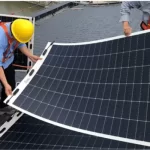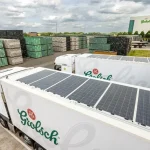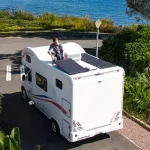As the world becomes more aware of the impact of climate change, many individuals and businesses are turning to renewable energy sources like solar panels to reduce their carbon footprint and save money. In this article, we will explore the economics of solar panel installation and how it can help you save money while going green.
The Economic Benefits of Solar Panel Installation
Solar panel installation can provide significant economic benefits, including cost savings, return on investment, and increased property value.
- Cost Savings
By installing solar panels, you can significantly reduce your monthly electricity bills. The amount of money you save depends on the size of your system and how much electricity you use. In some cases, you may be able to generate more electricity than you use, which means you can sell the excess back to the grid and receive a credit on your bill.
- Return on Investment
Investing in solar panels can also provide a significant return on investment. Although the initial cost of installation can be expensive, the long-term savings on your electricity bills can quickly pay for the system. According to EnergySage, the average payback period for residential solar panels is between 6-10 years. After the payback period, the system will continue to generate free electricity for years to come.
- Increased Property Value
Installing solar panels can also increase the value of your property. A study by the National Renewable Energy Laboratory found that homes with solar panels sold for an average of 17% more than homes without solar panels.
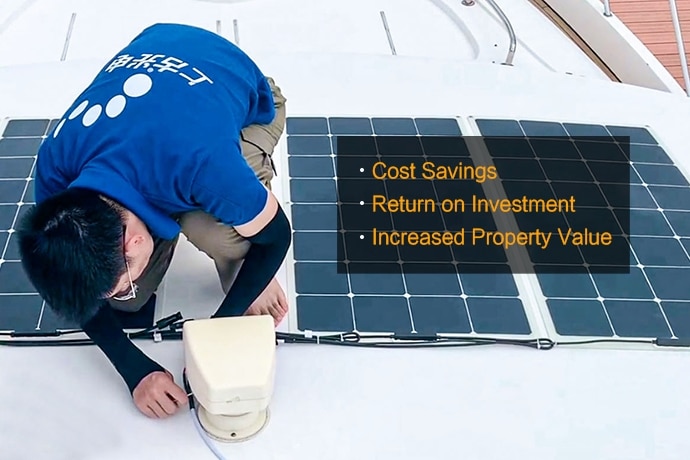
Environmental Benefits of Solar Panel Installation
In addition to the economic benefits, solar panel installation also provides several environmental benefits, including reducing your carbon footprint, utilizing renewable energy, and achieving energy independence.
- Reducing Carbon Footprint
Solar panels generate electricity using the power of the sun, which means they do not emit harmful greenhouse gases like traditional energy sources. By reducing your reliance on fossil fuels, you can significantly reduce your carbon footprint and help combat climate change.
- Renewable Energy
Unlike fossil fuels, which are finite resources, solar energy is renewable and will never run out. This means that by installing solar panels, you can help ensure a sustainable future for generations to come.
- Energy Independence
By generating your own electricity with solar panels, you can become less reliant on traditional energy sources and achieve energy independence. This can provide peace of mind knowing that you are not as vulnerable to power outages or rising energy costs.
Factors Affecting Solar Panel Installation Costs
The cost of installing solar panels can vary depending on several factors, including the size and type of system, geographic location, government incentives, and the installation company.
- Size and Type of System
The size and type of system you install will have a significant impact on the cost of installation. Larger systems will require more panels, which means a higher upfront cost, but will also generate more electricity and provide more significant long-term savings.
- Geographic Location
Your geographic location also plays a role in the cost of solar panel installation. Areas with higher levels of sunlight will typically require smaller systems, which can result in lower installation costs. However, in areas with lower levels of sunlight, larger systems may be necessary to generate enough electricity, which can increase the installation costs.
- Government Incentives
The government provides several incentives to encourage the installation of solar panels. These incentives can include tax credits, rebates, and grants, which can significantly reduce the upfront cost of installation.
- Installation Company
The installation company you choose can also impact the cost of solar panel installation. Some companies may offer lower upfront costs but use lower-quality materials or have less experienced installers, which can lead to higher long-term costs due to maintenance and repair needs.
Financing Options for Solar Panel Installation
Several financing options are available for solar panel installation, including cash purchases, solar loans, and solar leases.
- Cash Purchase
If you have the financial means, purchasing solar panels outright can provide the most significant cost savings over time. By purchasing the system, you can avoid interest charges and other financing fees.
- Solar Loans
If you do not have the financial means to purchase the system outright, solar loans can provide an alternative financing option. These loans typically offer low-interest rates and have flexible repayment terms.
- Solar Lease
A solar lease allows you to rent solar panels from a company, typically for a monthly fee. While this option may have lower upfront costs, you do not own the system, which means you may not be eligible for certain government incentives, and the long-term savings may be lower.
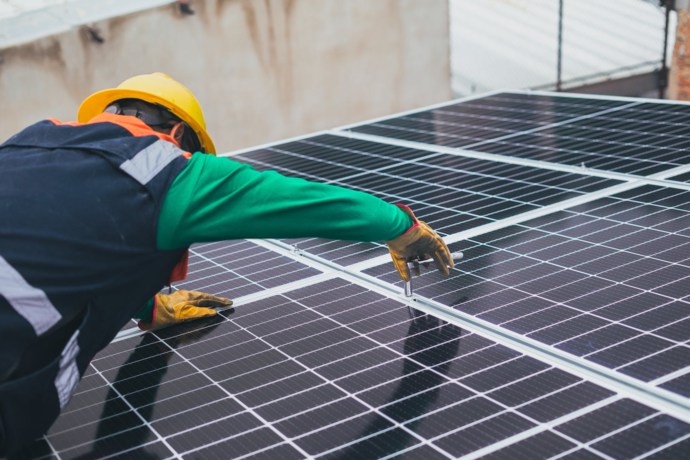
Summary
Solar panel installation can provide significant economic and environmental benefits. By reducing your monthly electricity bills, increasing your property value, and reducing your carbon footprint, solar panels can help you save money while going green. The cost of installation can vary depending on several factors, including the size and type of system, geographic location, government incentives, and the installation company. However, several financing options are available, including cash purchases, solar loans, and solar leases, to make solar panel installation more accessible to homeowners and businesses.
FAQs
| Q1: How long do solar panels last? |
| Solar panels can last between 25-30 years, depending on the quality of the materials and the maintenance they receive. |
| Q2: What is net metering and how does it work? |
| Net metering is a billing arrangement where excess electricity generated by solar panels is sent back to the grid, and the homeowner receives a credit on their electricity bill for the amount sent back. |
| Q3: Can solar panels work during a power outage? |
| It depends on the type of solar panel system you have. If you have a grid-tied system, you will not be able to generate electricity during a power outage, as the system is designed to shut off when the grid goes down. However, if you have a battery backup system, you can still generate electricity during a power outage. |
| Q4: How much maintenance do solar panels require? |
| Solar panels require minimal maintenance, typically only needing to be cleaned occasionally to remove dirt and debris that can block sunlight. |
| Q5: Will solar panels increase my property taxes? |
| In most cases, solar panels will not increase your property taxes. However, you should check with your local government to determine if any exceptions apply. |





